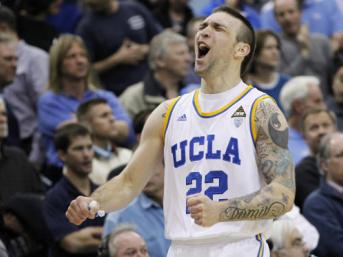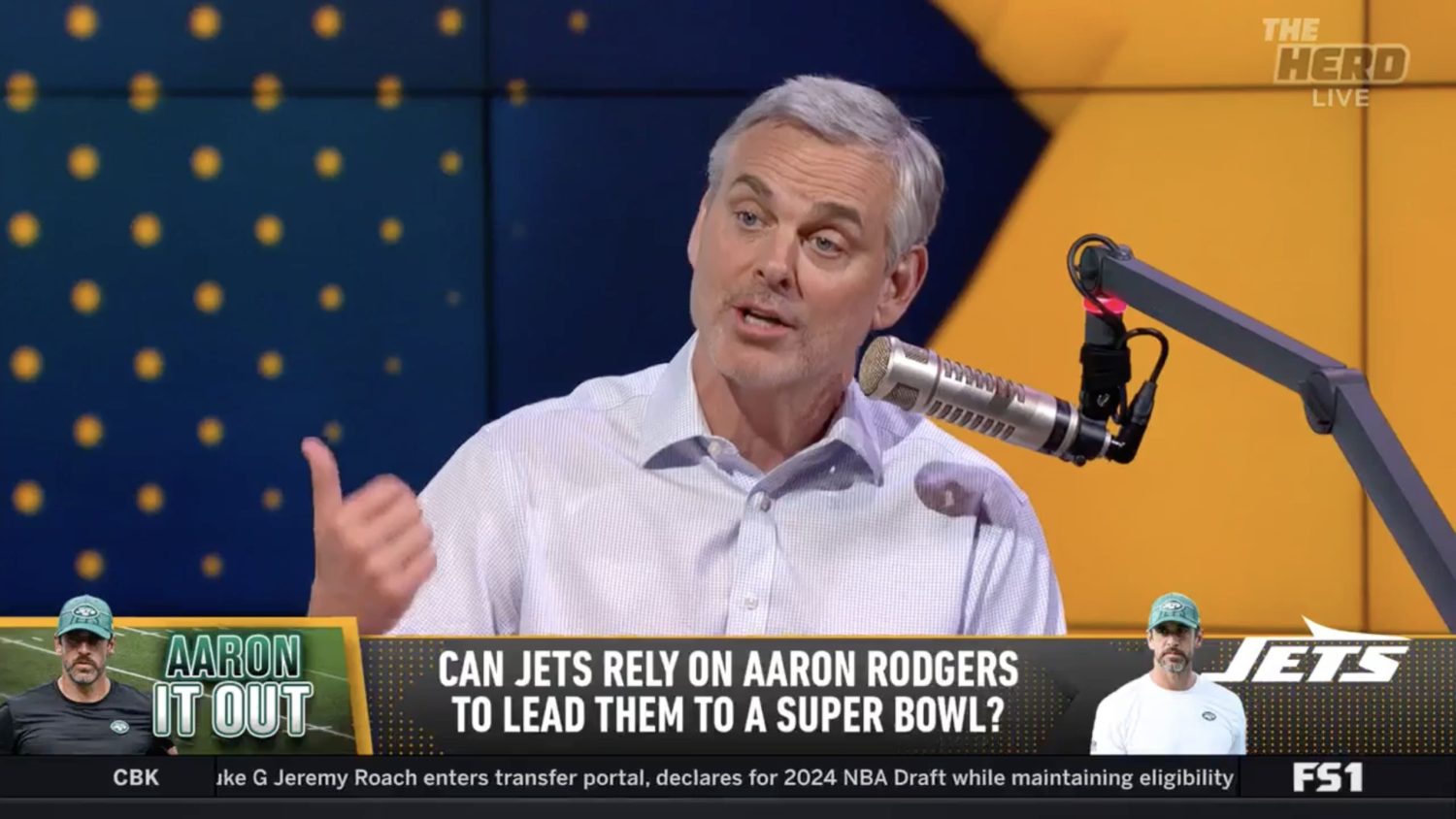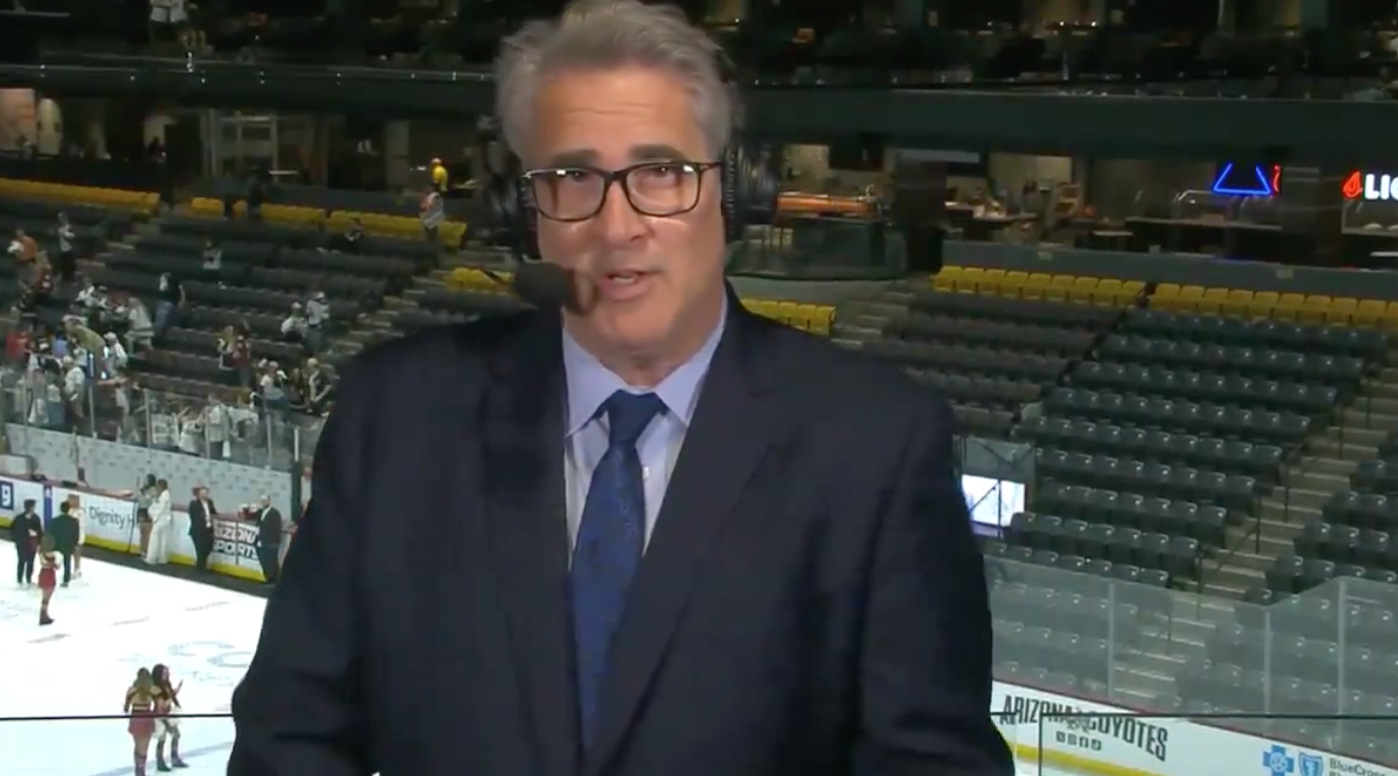Remember that huge UCLA expose from Sports Illustrated that was going to rock Ben Howland’s program to the core? In spite of all the sordid details of the Bruins program spiraling out of control, not too much came from the report, at least from UCLA’s perspective. Howland has stayed with UCLA, the program hasn’t been punished in any way by the NCAA, and UCLA only has the #1 recruiting class for 2012 according to ESPN’s rankings.
Something else has finally come out of that piece by George Dohrmann though. A lawsuit. Former UCLA player Reeves Nelson is suing SI and Dohrmann for defamation because of his “starring” role in the article. Nelson was cited for his violent acts during practice, being a “classic bully”, disrespecting coaches, peeing on teammate’s clothes, and ultimately being dismissed from the program in late 2011. Now, Nelson is fighting back against the characterizations in the Sports Illustrated report and suing for $10 million. Here’s the news from Fox Sports…
Former UCLA player Reeves Nelson is suing Sports Illustrated for $10 million, citing defamation, false light and intentional infliction of emotional distress over its recent article about problems in the school’s basketball program.
The lawsuit filed Wednesday in Superior Court in Los Angeles names Time Inc. and writer George Dohrmann as defendants. The story titled ”Not the UCLA Way” initially appeared Feb. 28 on the magazine’s website and then in its March 5 print edition. Nelson also wants a retraction and public apology.
The lawsuit includes sworn statements from 18 current and former UCLA players, including Tyler Trapani, the great-grandson of legendary UCLA coach John Wooden. They attest that the article’s general description of Nelson as a ”psychotic bully” is false and that specific instances of Nelson’s alleged bullying described in the article never happened or were grossly distorted.
One element this lawsuit from Nelson has to overcome is the SI article explicitly stating that Nelson confirmed all the incidents in the article to SI. That piece of the puzzle is a parenthetical statement in the Dohrmann report:
(Nelson confirmed all these incidents to SI and expressed his regret, saying, “On all that stuff, I have no trouble admitting that I lost control of my emotions sometimes. I take responsibility for my actions. I’m really just trying to learn from the mistakes I made on all levels.”)
There’s another passage in the article where Nelson “did not deny” the allegations against him that he would specifically target individuals in practice situations, where many of the allegations of his violent behavior stem from:
Nelson often reacted to hard fouls or calls against him in practice by committing violent acts against teammates. He did not deny to SI that he would stalk his targets, even running across the court, away from a play, to hit someone.
Is it really plausible to consider a respected publication like Sports Illustrated making up these stories in some sort of vendetta to besmirch the name of Reeves Nelson? What would Sports Illustrated have to gain from making up these anecdotes in a story that didn’t really have much long-term traction in the first place? According to his lawsuit, Nelson has players that back his side of the story. However, if you want to take Nelson’s side in this lawsuit, you have to not only dismiss the allegations, but the reported confirmation of the allegations. I think I’ll take my chances with Jonathan Vilma having a better chance to succeed with his lawsuit instead.






